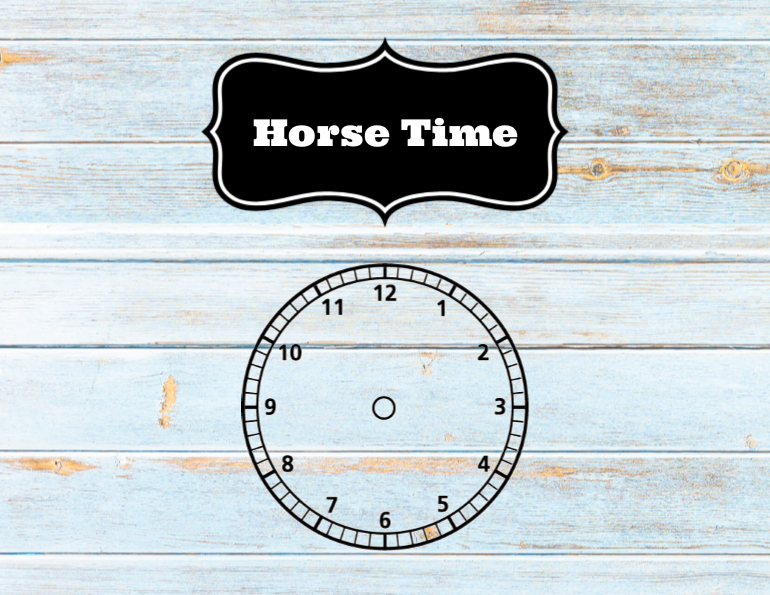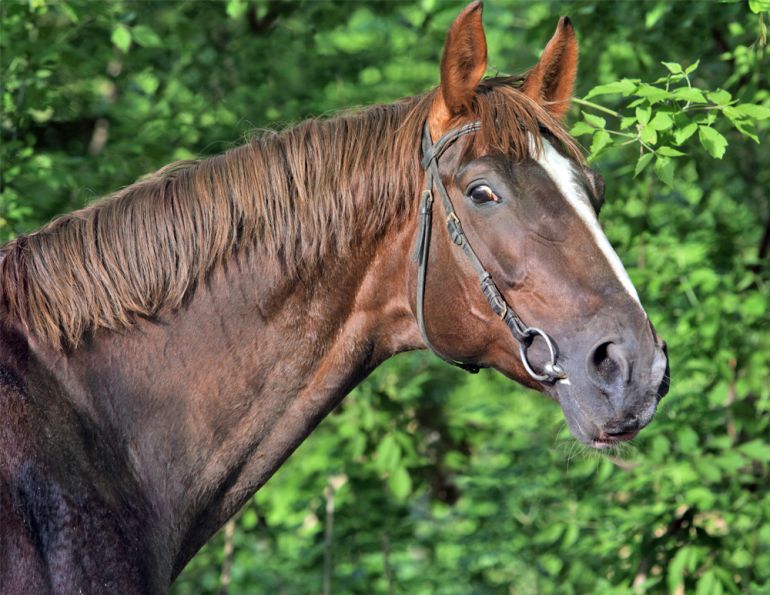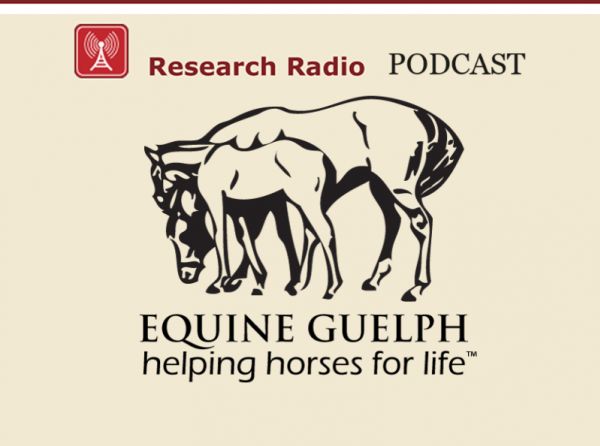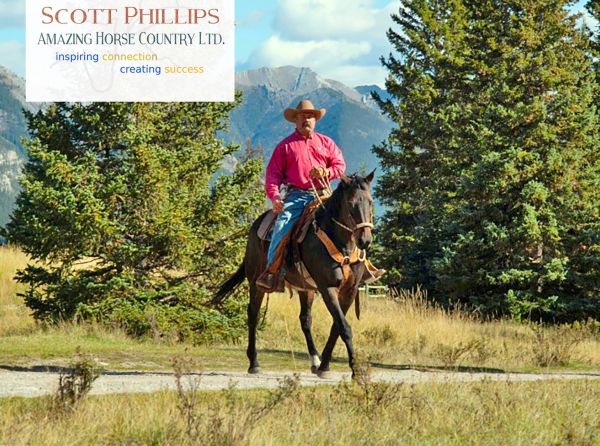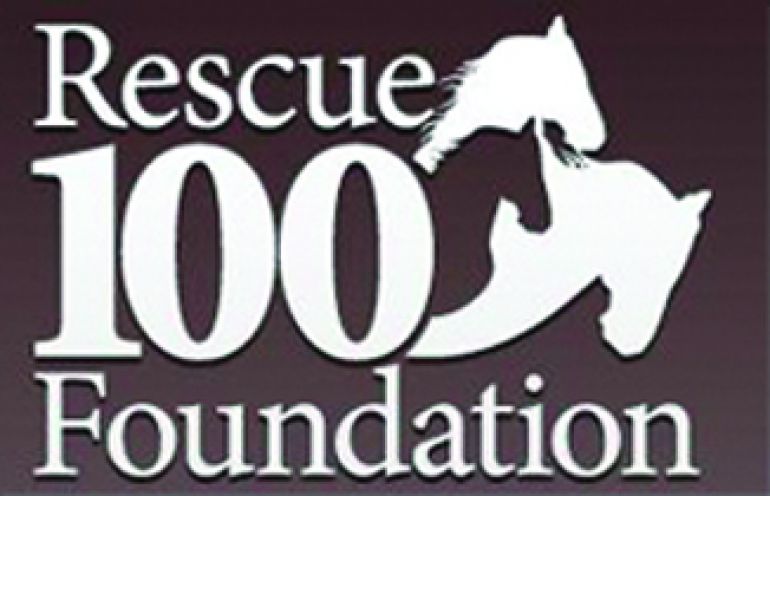Fundamental Communications for Training, Riding, and Caring for Your Horse
By Sharon Wilsie
Trafalgar Square Books, 2022; Non-fiction; ISBN 9781646011476; 380 pages; paperback, ebook
Reviewed by Tania Millen, BSc, MJ
“A willing servant is still a servant,” says Sharon Wilsie in her introduction to Essential Horse Speak. It’s the premise which started Wilsie’s lifelong journey of understanding how horses communicate. She explains what she’s learned to date in her new book, Essential Horse Speak.
It’s a hefty tome and I was immediately drawn to Part Two, a 30-page dictionary of how to have conversations with your horse. Although I grasped the basics of what Wilsie was saying, I was unfamiliar with her unique terminology (Zero, X and O, Buttons, and named exercises) so I went back and read the prelude. Her comment, “It’s never a bad idea to be both understood and become more understanding,” which encouraged me to delve into Part One which forms the bulk of the book.
The introduction to Part One explains why Horse Speak matters today. Horses are no longer simply a method of transportation — we’re looking for relationships with them. But there’s a gap in our understanding of how to converse with them. Wilsie writes, “A friend seeks rapport, a foe forces compliance,” and we can choose to have epic relationships with our horses through rapport. However, according to Wilsie, what we humans feel on the inside of our bodies and portray on the outside must be congruent to converse with horses. We also need cognitive understanding, empathy, and the mechanics of Horse Speak to be successful. The following nine chapters dive into those requirements.
Chapter one explains body language skills including Zero, X and O, Core Energy, and Bubbles. Chapters two and four explain herd dynamics, horse types, and use a chessboard analogy to explain how horses move through their world. Chapter three summarizes the 15 Buttons or interactive areas on a horse’s body that they use to communicate, and how we can use them, too. Chapters five through seven describe how to have conversations on the ground, while chapters eight and nine extend those conversations to liberty, lunging, and riding. There are also Buzzword, Myth-Buster, and Skill-Builder sidebars peppered throughout the text along with explanatory photos and drawings.
Essential Horse Speak is well-written, easy to read, engaging, and practical. It’s easy to dip into one section then back up and read another depending on your interests and the challenges you have with your horse. Some sections explained observations I’ve made with my own horse; others provided new information — such as the chessboard analogy — that I know I can use. The content filled some blank spots where I’ve tried to mesh natural horsemanship principles with more traditional training methods.
Ultimately, this book fills a gap in our understanding of horses as sentient beings. Much of riding and horsemanship today focuses on the practical and physical mechanics of a specific sporting activity. But as the horse industry continues to change and ethical horsemanship is prioritized, equestrians need to evolve, too. This book can help. It explains how horses use their bodies to talk and shows us how to listen and respond in ways they understand — a prerequisite for those wanting deep relationships with their horses.





